Russia expects US to abandon ‘irresponsible’ plans to dominate Black Sea
Russia says it expects the United States to abandon its "irresponsible" plans to control the Black Sea, after the US navy's 6th fleet deployed its command ship Mount Whitney to the strategic region to take part in multinational drills, amid escalating tensions over NATO activities near Russia's borders.
"This is, of course, an open attempt to test the Russian reaction, to increase tensions in the Black Sea region," Russian Foreign Ministry spokeswoman Maria Zakharova said at a press briefing on Wednesday.
"All this fits into the concept of containment, the creation of some very aggressive situations, the destabilization of the situation in general," she added.
Zakharova went on to say that, "This all leads to a decrease in predictability, seriously increases the risk of escalation," expressing hope that "common sense in Washington exists and that it, if available, will prevail over irresponsible plans to achieve dominance in the Black Sea."
On November 4, the US navy confirmed that the USS Mount Whitney had entered the Black Sea to join forces with guided-missile destroyer USS Porter and tanker vessel John Lenthall to conduct what it called routine maritime operations with NATO allies and partners.
Russian President Vladimir Putin criticized the US-led NATO activity near Russia's borders and said his country's forces could observe the USS Mount Whitney "through binoculars or in the crosshairs of its... defense systems."
Russia's Defense Ministry said the country's armed forces were continuously and closely monitoring the situation, adding that Russia's Black Sea fleet was carrying out a set of measures to track the US warship deployments in the area.
Later on Wednesday, the US's 6th fleet announced in a post on its Facebook and Twitter accounts that USS Mount Whitney had begun its transit to the Mediterranean Sea after completing operations with NATO members and allies. A day earlier, the US navy announced that the destroyer USS Porter was also leaving the Black Sea.
The Black Sea is a sensitive security zone for Moscow as it is located near the Crimean Peninsula, which voted in a 2014 referendum to fall under Russian sovereignty.
NATO has recently ramped up activities in the form of holding drills and deployment of warships in the strategic region in a move expected to provoke a response from Russia along its western borders.
The latest deployment of US warships to the Black Sea took place amid rising tensions along the Russian-Ukrainian border.
Putin and other top Russian officials have previously warned that the expansion of NATO activities in Ukraine represents a "red line" for Moscow.
Relations between Moscow and Kiev have been strained since clashes erupted in Ukraine's eastern Donbass region between Ukrainian government forces and ethnic Russians in 2014. The US, the European Union, and Ukraine claim that Russia has a hand in the conflict. Moscow strongly rejects the allegation.
Russia has repeatedly accused NATO of carrying out provocative activities close to its borders.

Ukraine peace talks downgraded in London as Kiev rebuffs Trump’s proposal
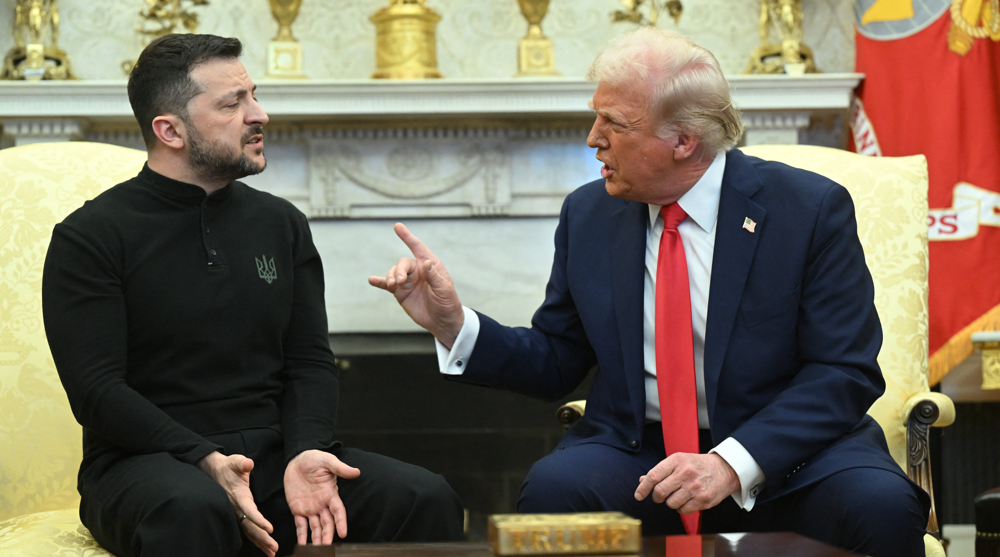
US plan requires Ukraine to give 20% of territory to Russia: Report
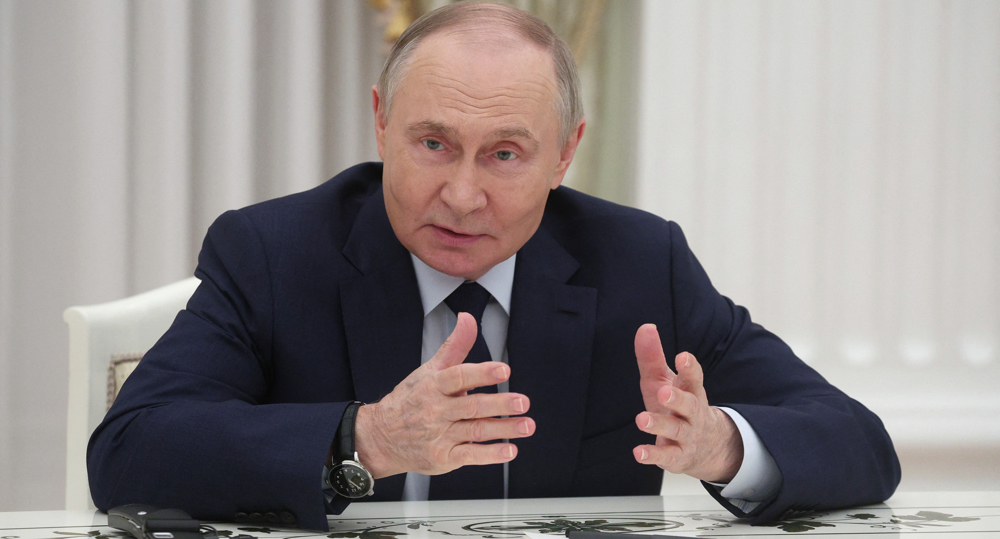
Russia's President Putin ratifies bill for strategic partnership with Iran
VIDEO | Gaza’s dire conditions hit unprecedented levels
VIDEO | Press TV's news headlines
VIDEO | Pakistan’s business and cultural front unites for Gaza: Nationwide shutdown, boycott announced
US jets carry out more aggression against Yemen
Syrian militants enslaving Alawite women in Idlib governorate: Report
VIDEO | US pro-Palestinian campus protest
VIDEO | Palestinian civil defense rejects Israel’s probe and exposes the crime
India downgrades ties with Pakistan after deadly Kashmir attack


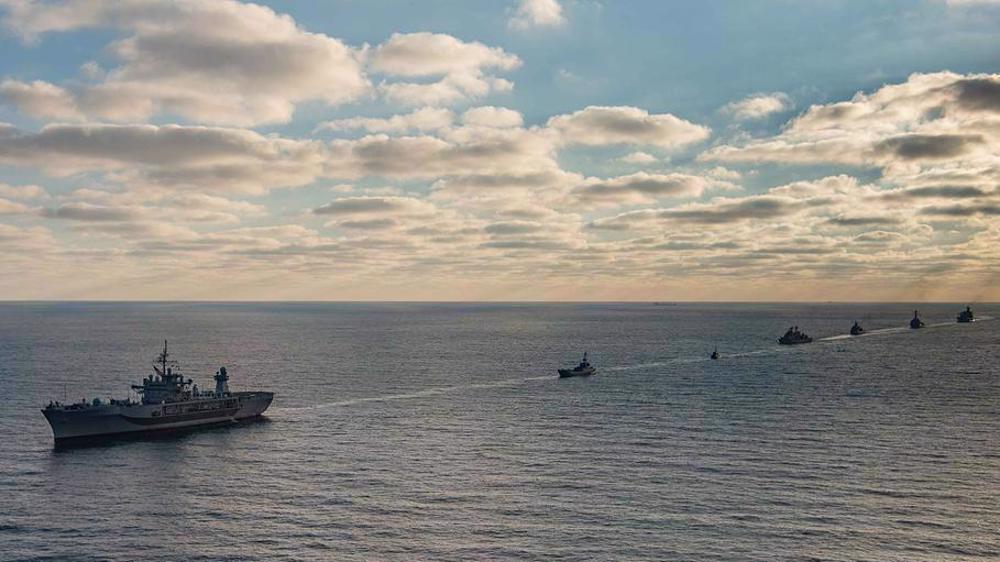
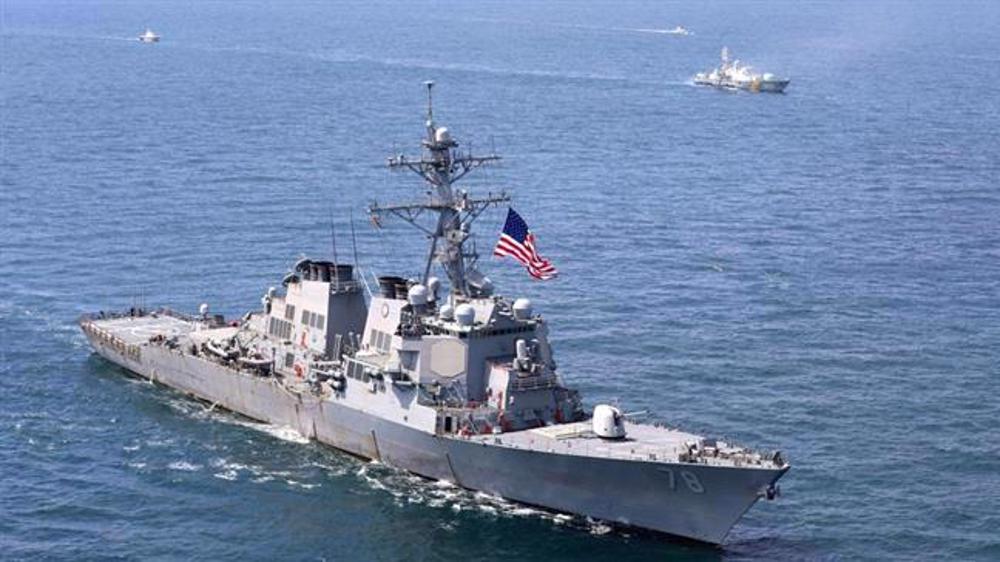
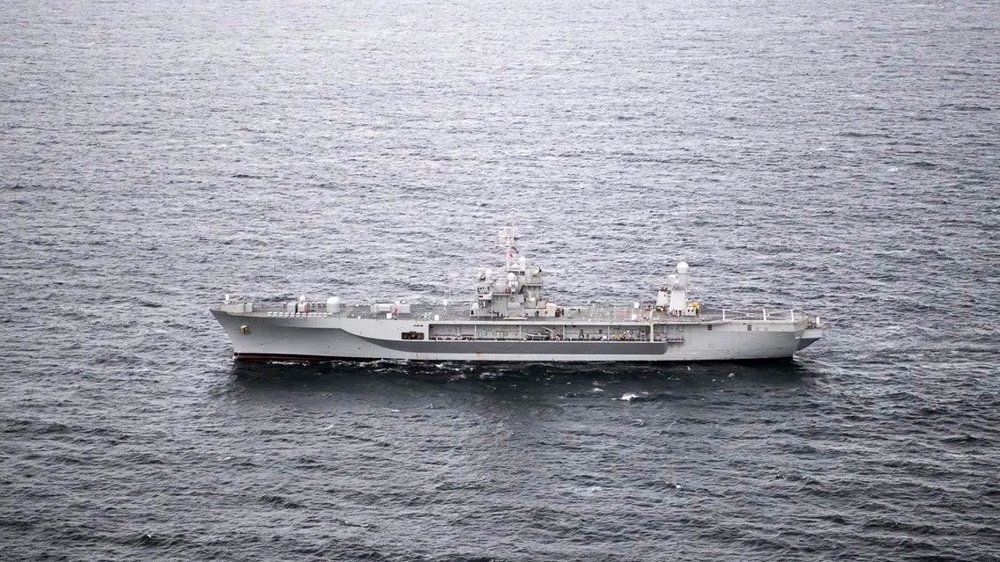



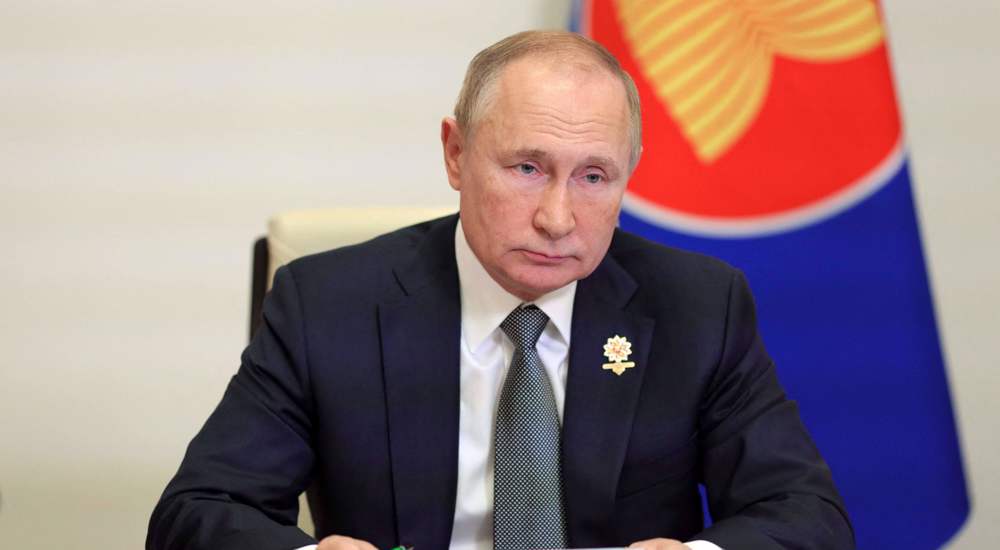
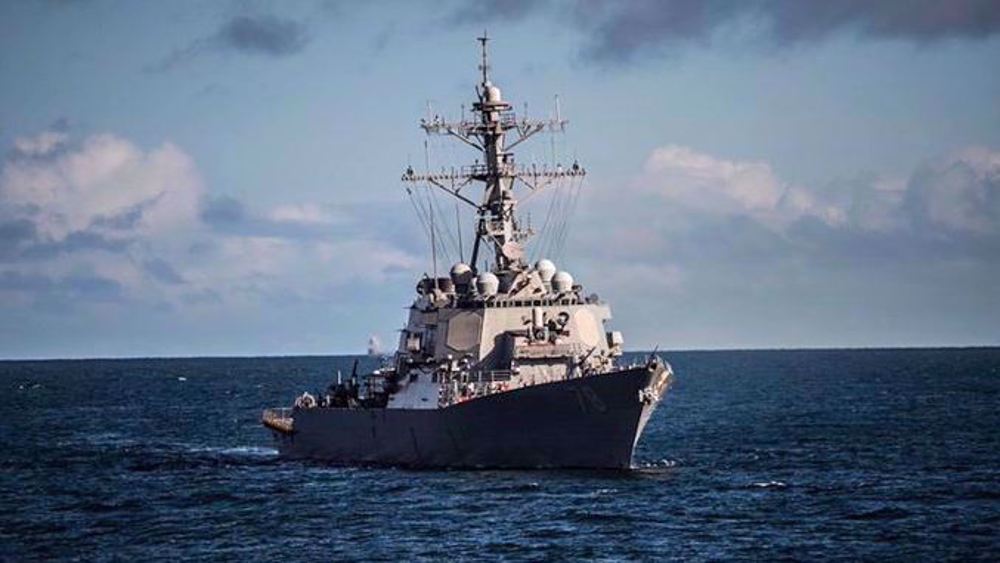

 This makes it easy to access the Press TV website
This makes it easy to access the Press TV website